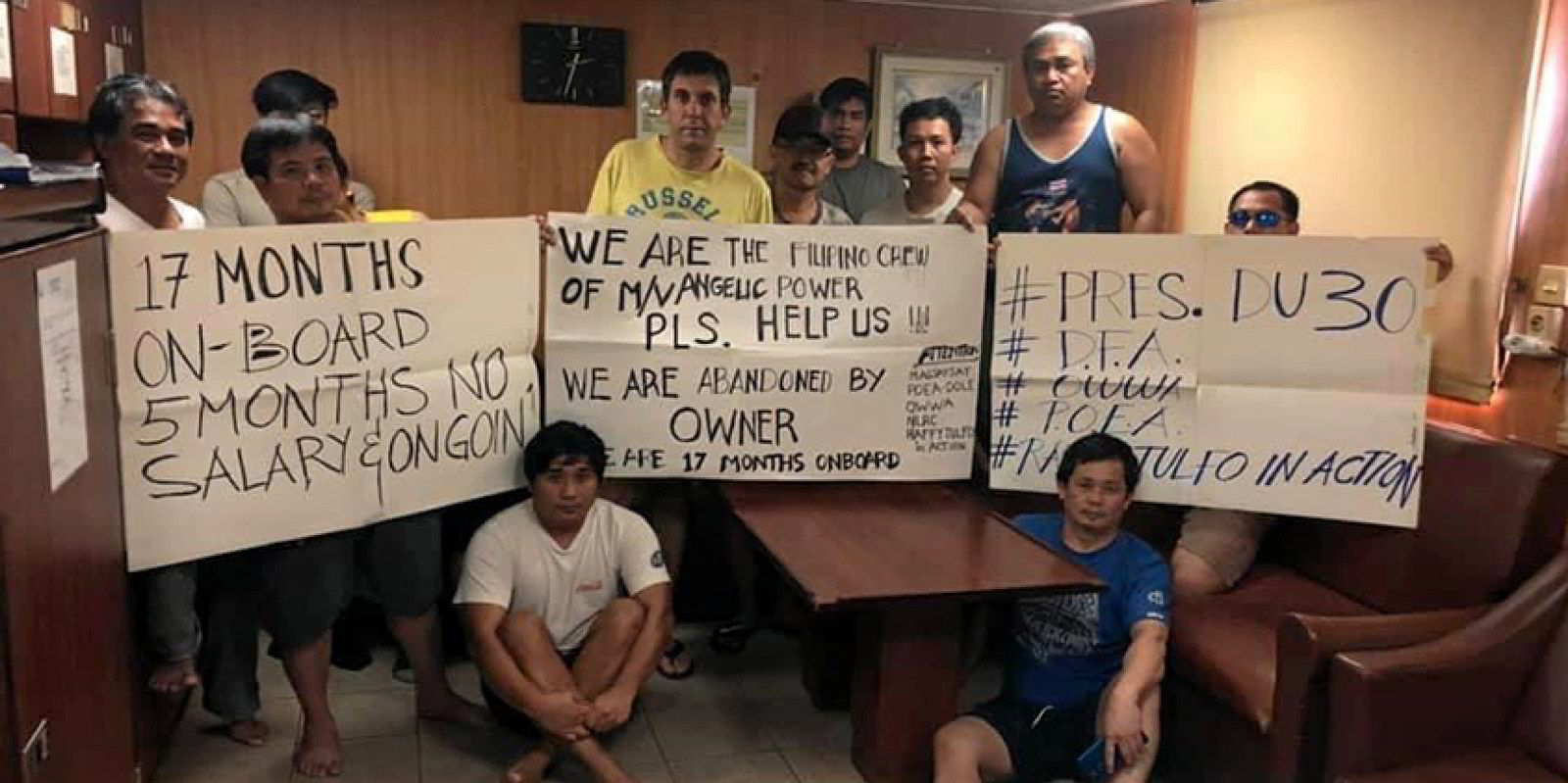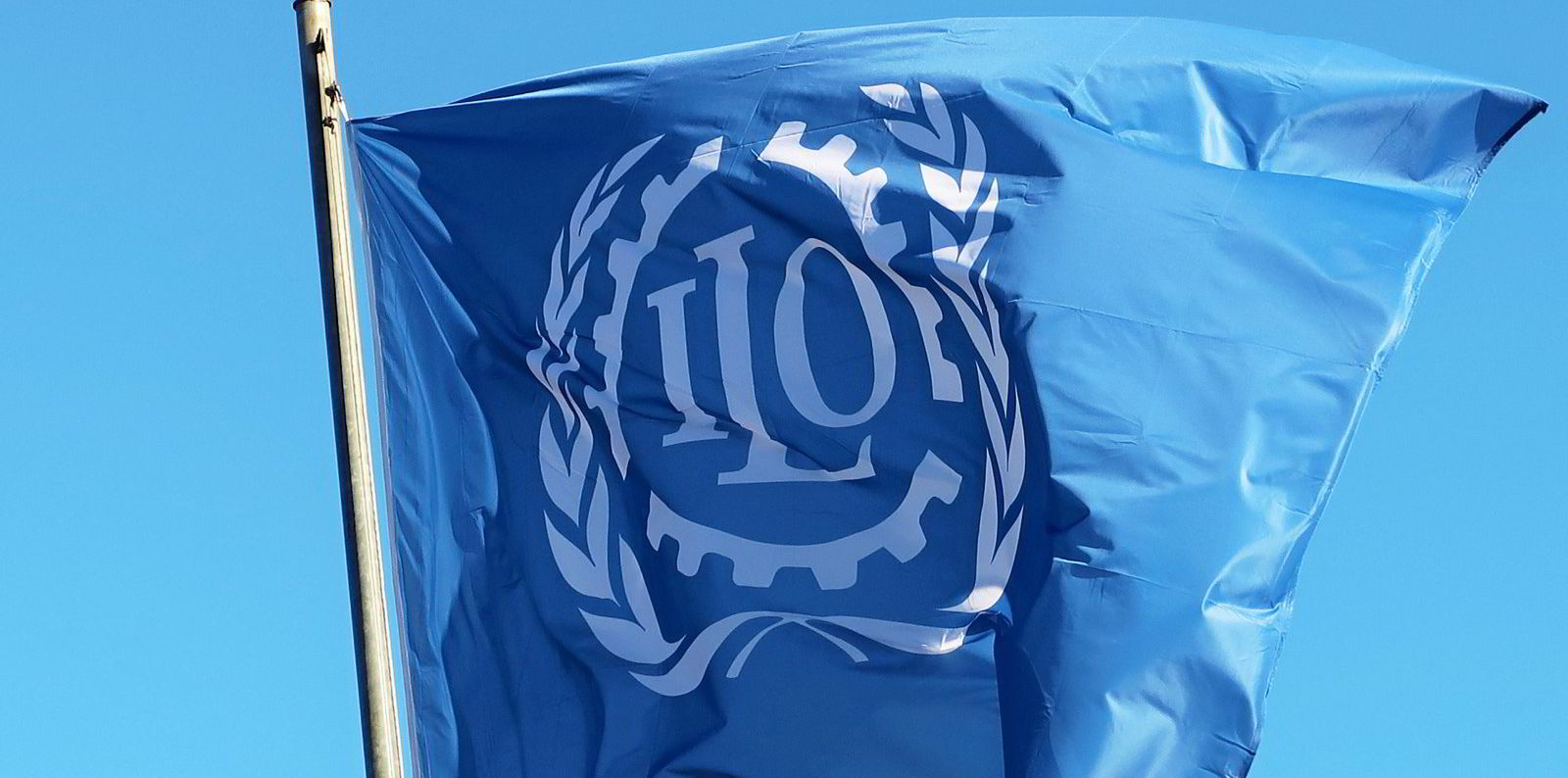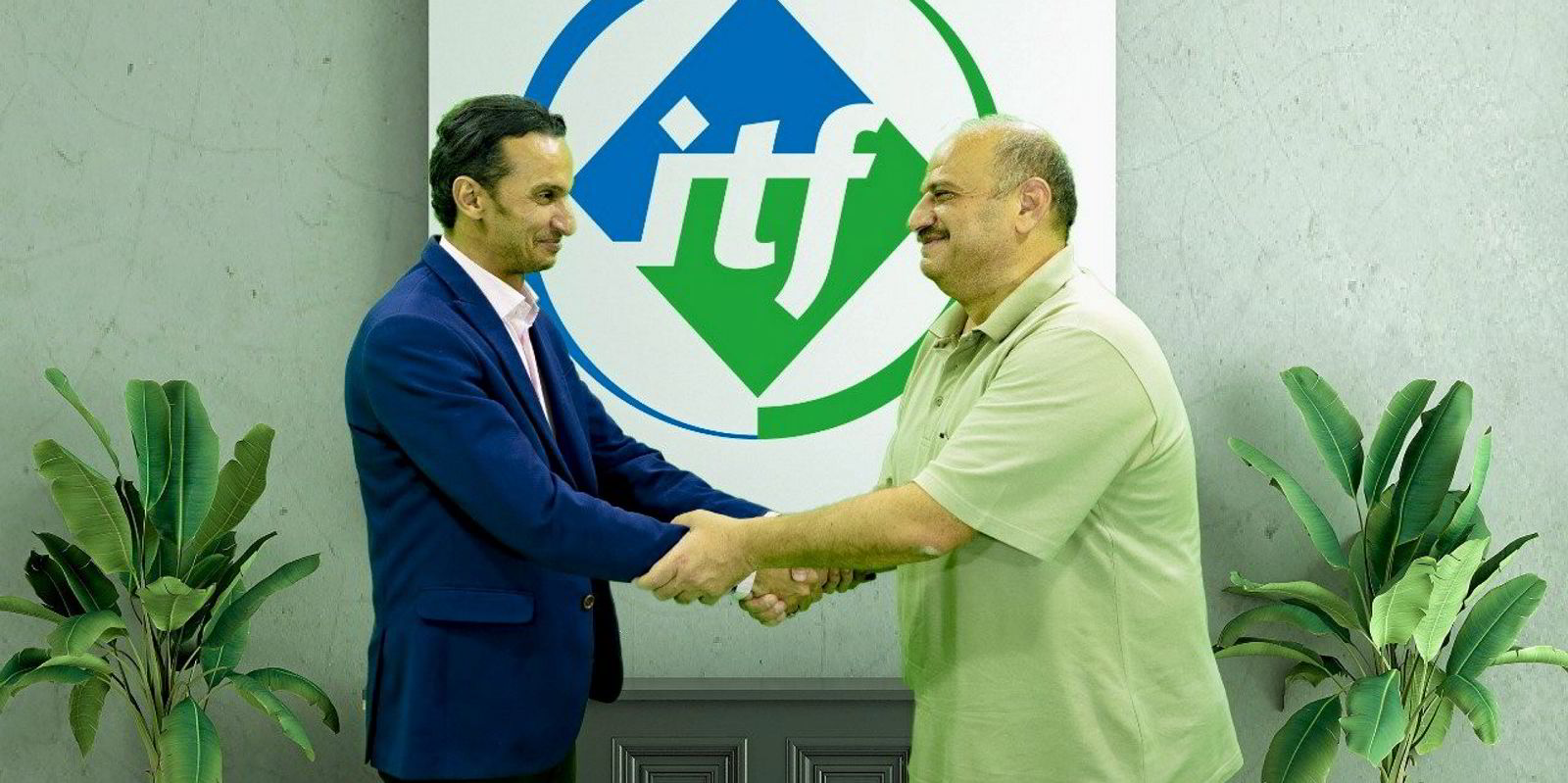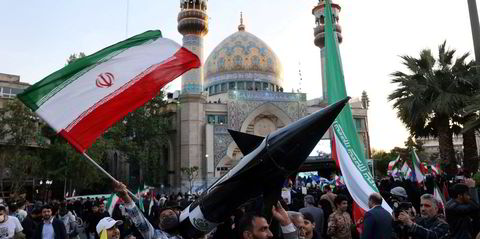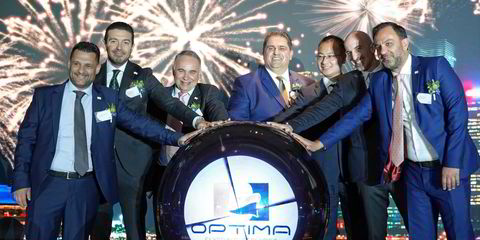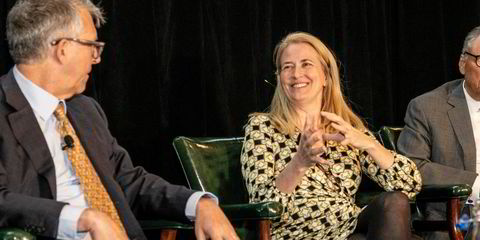Seafarer welfare advocate Warwick Norman is dismayed at the inability of industry and global shipping bodies to address the issue of crew abandonment.
2020 saw an increased number of abandonment cases as shipowners struggled financially under the burden of Covid-19. Cases spiked at 75 worldwide, and this year does not show signs of being any better.
“This is unacceptable,” said Norman, the founder and retired chief executive of RightShip.
“We have had the Maritime Labour Convention [MLC] for some time, but it is still blatantly going on.
“The amount of cases is astonishing — and disturbing. It is not a one-off. It is a systemic issue across the system.”
The International Transport Workers' Federation (ITF) has long pointed out the loopholes in the MLC that allow the chronic problem of crew abandonment to continue.
Under the MLC, insurers have to cover the repatriation costs of abandoned seafarers. Failing that, flag states are supposed to step in.
What frequently happens is that by the time the crew is listed as abandoned by the International Labour Organization, the shipowner has stopped paying for insurance and cover has been pulled.
Flag states may have already deregistered the ship, or, as some ITF inspectors have alleged, drag their heels for as long as possible in the hopes that the problem may be solved by other means.
The result?
“Too many seafarers find themselves stuck on a stateless ship they can’t get off,” Norman explained.
One of Norman’s accomplishments during his 17 years at RightShip was to include seafarer rights issues in the independent vetting agency’s system.
“It was an interesting challenge. The response we got from many shipowners was not positive. Their attitude was that it was their company. They could run it how they wanted, and nobody should stick their nose into it,” he explained.
Norman stressed that the MLC needs to be updated to close loopholes and include more rights for abandoned seafarers.
“The industry needs to find a solution to this, and quickly,” he said.
“How can we achieve IMO 2030 and IMO 2050 when we still can’t get right the basic stuff going on around us?”
